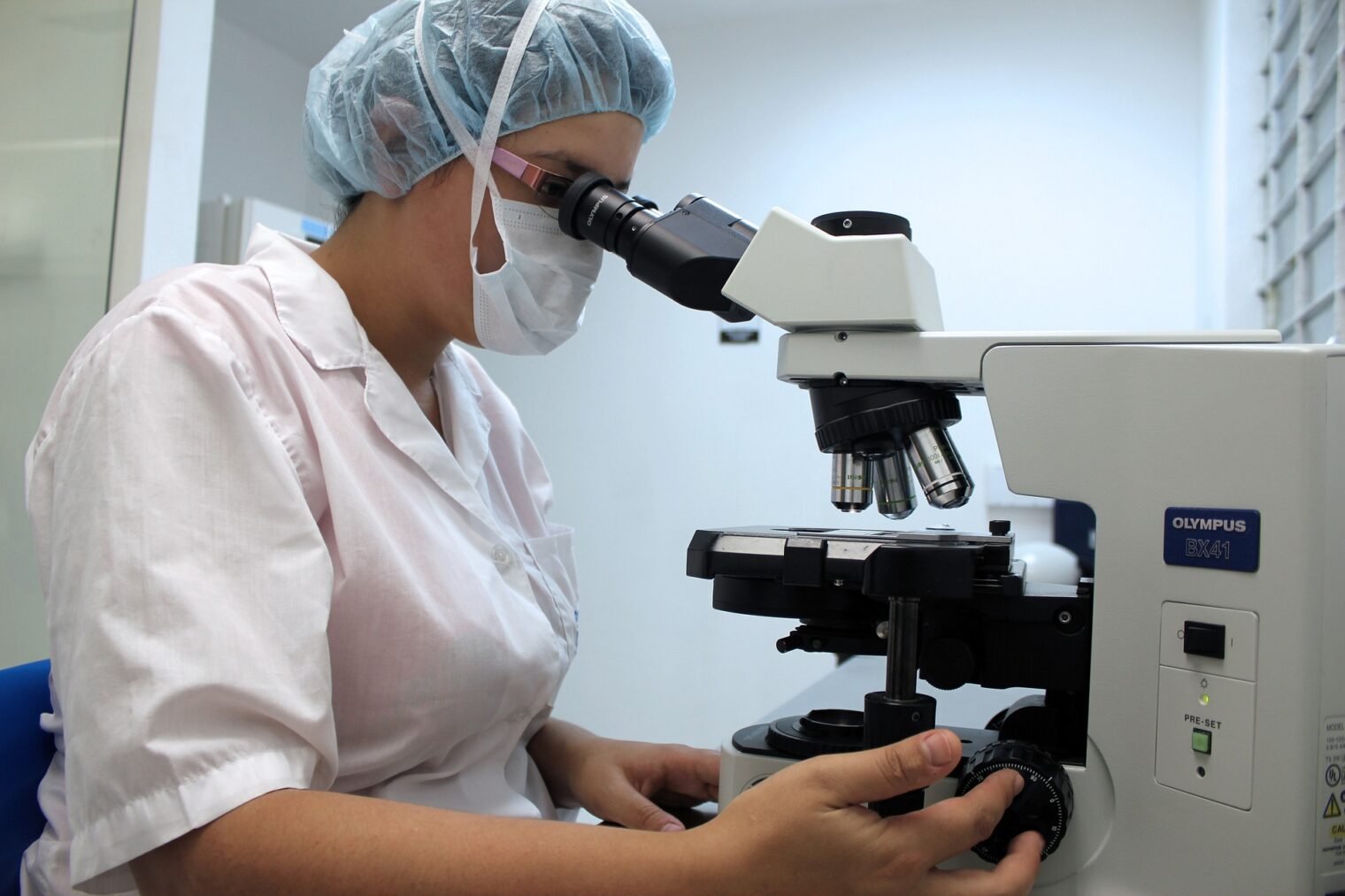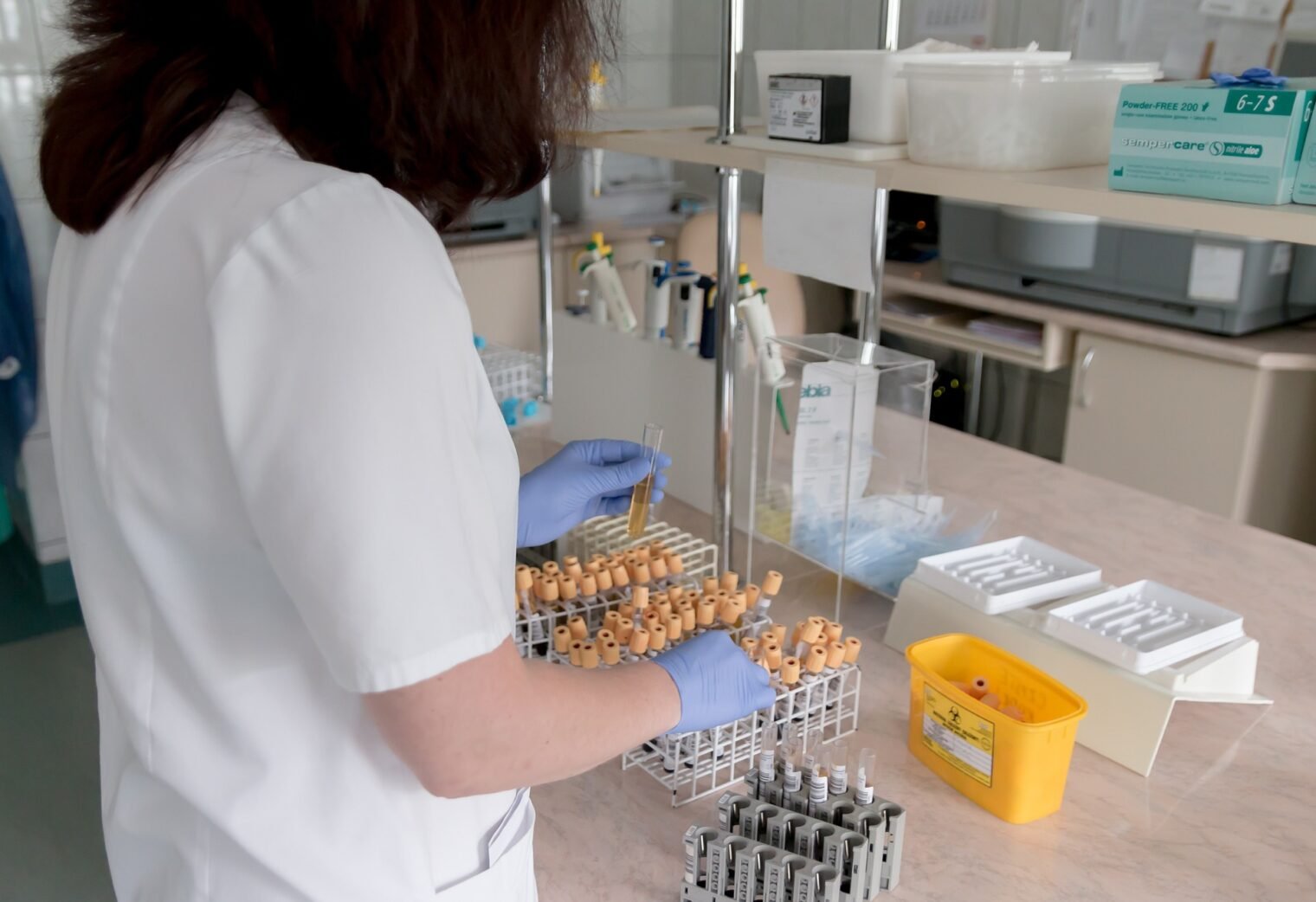What Are Cannabis Product Testing Standards in 2024?

Table of Contents
Understanding cannabis product testing standards can be confusing. As of 2024, the industry sees new rules and technologies. This article breaks down the latest in testing standards to keep you informed and safe.
Dive in for a clear view on what’s ahead.
Importance of Cannabis Product Testing Standards
Ensuring purity and potency is crucial to protect consumer health. Meeting regulations also guarantees the safety and quality of cannabis products.
Ensuring purity and potency
Cannabis product testing standards play a crucial role in confirming the purity and potency of products. Laboratories use standardized test methods to detect harmful contaminants like pesticides, residual solvents, and heavy metals.
They also measure levels of THC, CBD, and other cannabinoids to ensure accurate labeling for consumers. This process helps maintain consistent quality across all cannabis products, safeguarding consumer health.
Moreover, by adhering to rigorous cannabis testing procedures, companies meet legal requirements for cannabis products mandated by state-specific laws and regulations. This compliance is essential for protecting businesses from legal disputes and preserving consumer trust in the cannabis industry.
Moving forward, meeting regulations becomes increasingly important as more states legalize marijuana for medicinal or recreational use.
Meeting regulations
To sell cannabis products legally in the market, meeting regulations is crucial. Producers must adhere to strict testing requirements for cannabis products set by state laws or international standards.
By complying with these regulations, businesses ensure that their products are safe and meet quality standards for consumer consumption. Testing laboratories play a critical role in assisting businesses to meet these regulations by providing accurate and reliable test results essential for compliance.
Testing labs help producers navigate through complex cannabis testing laws and protocols, ensuring that their products satisfy safety standards and potency requirements. By adhering to these regulations, the industry can maintain consumer trust and advocate for workplace marijuana protections while guaranteeing the overall safety of cannabis products.
Protecting consumer health
Cannabis product testing standards in 2024 prioritize protecting consumer health by ensuring the safety and quality of products available in the market. Rigorous testing for contaminants, such as pesticides, heavy metals, and microbial impurities, is essential to safeguarding consumers from potential health risks associated with consuming cannabis products.
Additionally, accurate potency testing helps individuals make informed decisions about their usage while minimizing unforeseen adverse effects.
To maintain consumer safety, cannabis product testing standards also focus on verifying product labels to ensure that all relevant information regarding cannabinoid content and potential allergens is clearly communicated.
Current Cannabis Testing Standards
Current cannabis testing standards include various methods such as ASTM, state-specific regulations, and ISO accreditation. These standards ensure the safety and quality of cannabis products for consumers.
ASTM methods
ASTM methods for cannabis testing play a crucial role in ensuring the quality and safety of cannabis products. These standardized testing methods cover a wide range of analyses, including potency, residual solvents, pesticides, and heavy metals.
By adhering to ASTM methods, cannabis laboratories can provide consistent and reliable results that meet regulatory requirements and protect consumer health.
Cannabis industry stakeholders are increasingly recognizing the significance of using ASTM methods for product testing to maintain high standards across different states and ensure accurate labeling of cannabinoid content.
State-specific standards
While ASTM methods provide a more general framework for cannabis testing, state-specific standards dive into the specific requirements set by each state’s regulatory agencies. These standards cover everything from allowable pesticide levels and microbial counts to potency and mycotoxin limits.
Cannabis businesses must adhere to these rigorous regulations, which vary significantly between states, ensuring that products meet the unique safety and quality standards outlined by each governing body.
As part of the effort to harmonize cannabis testing practices across different states, there is an ongoing push for greater alignment in these state-specific standards. This will help streamline operations for multi-state operators and ensure consistency in product quality regardless of the location of cultivation or production.

ISO accreditation
Transitioning from state-specific standards, cannabis testing laboratories are increasingly seeking ISO accreditation to enhance their credibility and demonstrate compliance with internationally recognized standards.
Obtaining ISO accreditation involves meeting rigorous criteria for quality management systems and technical competence, fostering greater confidence in the reliability of test results.
This global recognition also facilitates the exchange of data and best practices among testing facilities, contributing to harmonization and standardization within the cannabis industry.
Future of Cannabis Product Testing Standards
The future of cannabis product testing standards includes collaboration among testing laboratories, the introduction of a new certification program, and the establishment of international standards.
For more insights on the evolution of cannabis testing protocols, continue reading full article below.
Collaboration among testing laboratories
Testing laboratories are collaborating to develop standardized cannabis product testing protocols. This collaboration aims to ensure consistent and reliable testing methods across different laboratories, promoting industry-wide quality standards.
By sharing best practices and research findings, these collaborations foster innovation in testing technologies, ultimately benefiting the entire cannabis industry.
New certification program
In 2024, the cannabis industry is expected to witness the implementation of a new certification program aimed at enhancing product quality and safety standards. This program will set forth stringent guidelines for testing laboratories, ensuring that they meet specific criteria related to accuracy, consistency, and reliability in their testing methods.
The certification will also emphasize adherence to state-specific regulations and international standards, promoting standardization across different regions. By obtaining this certification, cannabis products can demonstrate compliance with industry testing guidelines and provide consumers with greater confidence in the quality and safety of the products.
Moreover, the new certification program is anticipated to foster collaboration among testing laboratories by establishing best practices and fostering knowledge-sharing within the industry.
International standards
With the implementation of the new certification program, there is a growing push for international standards in cannabis product testing. This will involve collaboration among various countries to establish unified guidelines and protocols for testing cannabinoids, residual solvents, and other quality control measures.
The aim is to ensure consistency and reliability across different regions, ultimately promoting consumer safety and confidence in cannabis products on a global scale.
What to Expect in 2024
In 2024, we can expect increased consistency and reliability in cannabis product testing standards. There will be greater standardization across states and continued advancements in testing technology.
Increased consistency and reliability
Cannabis product testing standards in 2024 will see increased consistency and reliability across the industry. This means that consumers can expect more uniformity in the quality and safety of cannabis products, as testing methods become more standardized and reliable.
With advancements in technology and greater collaboration among testing laboratories, the cannabis industry is poised to deliver consistent and reliable products to meet consumer expectations.
Additionally, these developments will bring about greater confidence in the accuracy of potency levels, cannabinoid profiles, and safety standards for cannabis products. As a result, both businesses and consumers can rely on the consistency of test results when it comes to assessing product quality and ensuring compliance with regulations.
Greater standardization across states
To foster increased consistency and reliability in cannabis product testing, states are moving towards greater standardization of regulations. This shift aims to create a more level playing field for cannabis businesses operating across different states, ensuring that products meet uniform quality and safety standards.
As a result, consumers can expect more consistent product quality regardless of where the cannabis was cultivated or manufactured, leading to improved trust and confidence in the industry as a whole.
Continued advancements in testing technology
As the cannabis industry moves toward greater standardization across states, it is also experiencing continued advancements in testing technology. This progress includes the development of more sensitive and accurate analytical instrumentation for detecting cannabinoid potency, residual solvents, pesticides, and microbial contaminants.
New testing methods are being implemented to ensure that cannabis products meet stringent safety and quality standards. Additionally, innovative approaches such as genetic fingerprinting are emerging to verify the authenticity and consistency of strains.
State-of-the-art equipment coupled with enhanced methodologies have significantly improved the precision and reliability of cannabis testing. Furthermore, automation and robotics are increasingly being utilized in laboratories to streamline processes while reducing human error.
Cannabis Product Testing Standards
Cannabis product testing standards in 2024 will see increased consistency and reliability. The industry anticipates greater standardization across states, ensuring uniformity in quality assessments. Continued advancements in testing technology are expected to drive the evolution of cannabis product testing standards.


